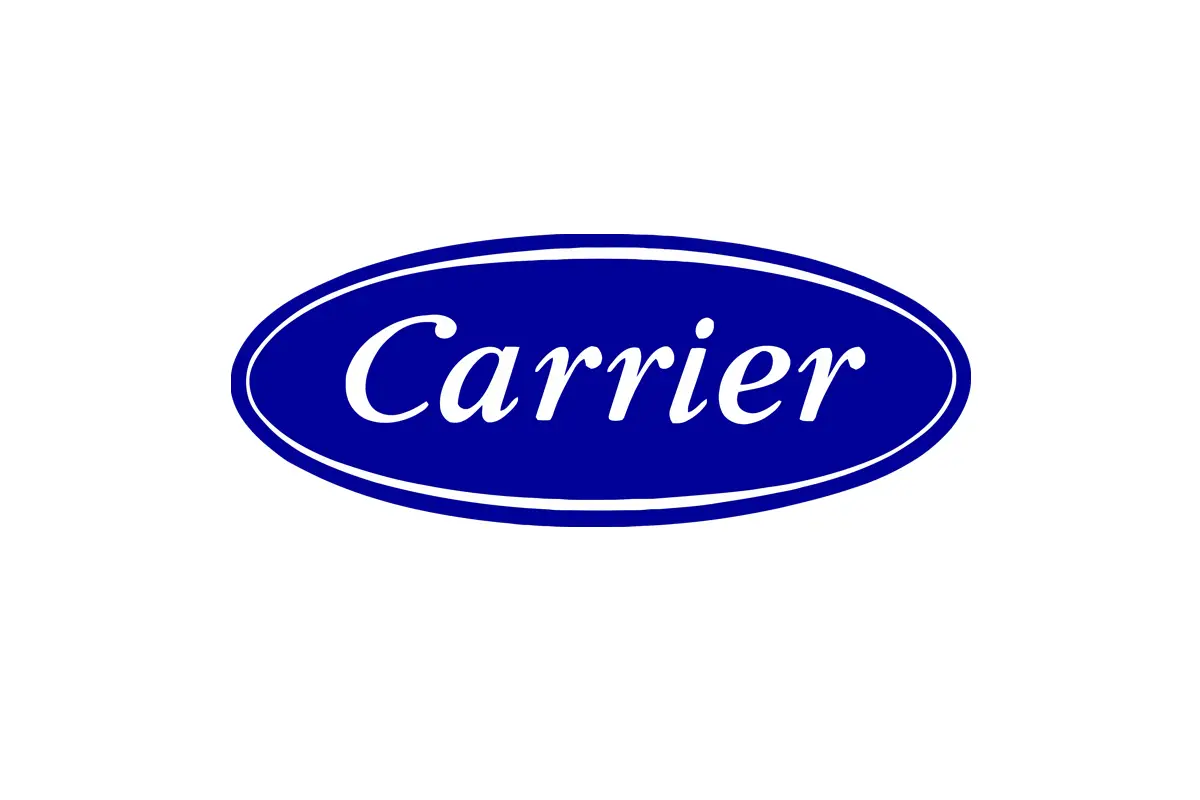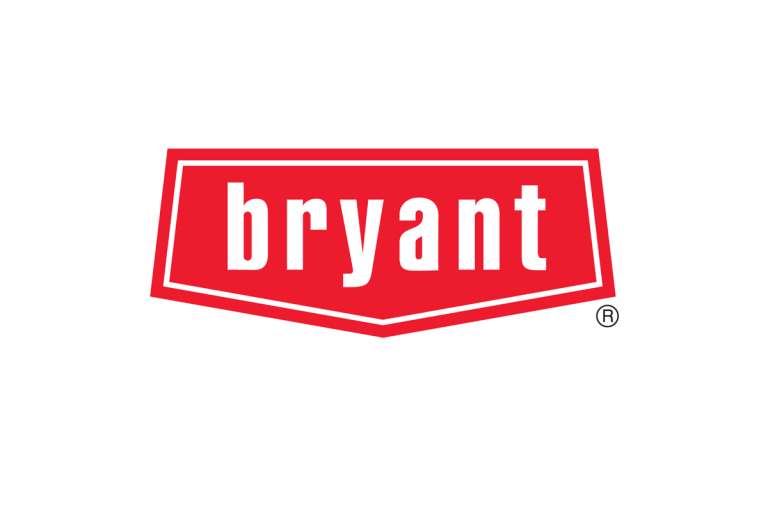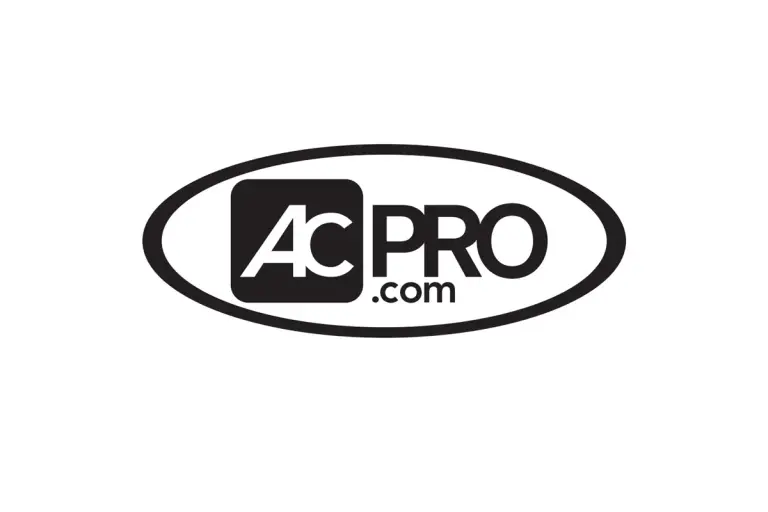Who Makes Carrier Air Conditioners & Furnaces?
Carrier air conditioners and furnaces are made by Carrier Global Corporation, a leading name in the Heating, Ventilation, Air Conditioning, and Refrigeration (HVACR) industry. Carrier is a subsidiary of United Technologies Corporation (UTC) that spun off on April 3, 2020.
Where Are Carrier Air Conditioners & Furnaces Made?
Carrier HVAC products are primarily manufactured in the United States, France, Spain, Mexico, China, and India. Carrier has 67 manufacturing facilities on six continents. and the product type determines which country the unit is built.
Carrier Global utilizes a global manufacturing network, strategically distributing production across different continents to optimize efficiency and cater to regional demands.
The specific location where a Carrier unit is made depends on various factors, including:
- Product complexity: Highly specialized models or advanced technologies might require specific expertise, warranting production in dedicated facilities.
- Production cost and efficiency: Balancing labor costs with operational efficiency influences where certain models are manufactured.
- Regional demand: Locating production closer to target markets streamlines logistics and distribution, particularly for high-volume systems.
Here’s a general overview of Carrier’s manufacturing landscape:
- United States: Major production hubs are located in Texas, Indiana, and Tennessee, primarily focusing on residential and light commercial HVAC systems.
- Mexico: Facilities in Monterrey contribute to the production of various HVAC components and systems.
- Europe: France and Spain house factories producing primarily for European markets.
- Asia: Production in locations like China caters to specific components and budget-friendly models.
Carrier Brand Overview
| Owner | Carrier Global Corporation |
| Founder | Willis Carrier |
| Founded | 1915 |
| Headquarters | Palm Beach Gardens, Florida, US |
| Parent Company | United Technologies Corporation (UTC) 1979-2020 |
| Industry | HVACR |
| Website | https://www.carrier.com |
Carrier HVAC Owner History
Carrie’s history began in 1902 with Willis Carrier, who invented the first modern air conditioning system to solve a humidity problem in a Brooklyn printing factory. This sparked a revolution in comfort technology, leading to the establishment of the Carrier Engineering Corporation in 1915, which is the official founding date for the Carrier brand.
Here are some key milestones in Carrier’s ownership history:
- 1902: Willis Carrier invents the first modern air conditioning system.
- 1915: Carrier Engineering Corporation is founded.
- 1931: The company expands globally and becomes Carrier Corporation.
- 1979: Merges with United Technologies Corporation.
- 2020: Spins off from United Technologies and becomes Carrier Global Corporation.
- Present: Remains a leading force in the HVACR industry, focusing on innovation and sustainability.
Throughout its history, Carrier has maintained its commitment to innovation and quality, contributing significantly to advancements in comfort technology and becoming a trusted brand for residential and commercial applications.
What Kind of HVAC Systems Does Carrier Make?
Carrier caters to a broad spectrum of needs, offering residential and commercial HVAC systems for various applications:
- Residential air conditioners: Split systems, package units, heat pumps, and geothermal systems with varying efficiency ratings and features.
- Residential furnaces: Gas, electric, oil, and propane furnaces and boilers, including high-efficiency and modulating models.
- Commercial HVAC systems: Rooftop units, chillers, air handlers, and custom-designed solutions.
- Indoor air quality solutions: Air purifiers, humidifiers, and ventilation systems.
Note: Carrier also makes HVAC systems for Payne and Bryant, which are subsidiaries of the Carrier Global Corporation. See these related guides for more details on those brands:
Is Carrier a Good Air Conditioning & Heating Brand?
Carrier is a premium brand with a reputation for quality, innovation, and performance. Carrier was named the best HVAC company for 2023 by U.S. News & World Report and the best air conditioning brand for smart home compatibility in 2024 by Forbes.
However, determining if it’s a “good” brand for you depends on your individual needs and priorities.
Here’s an overview of the pros and cons of Carrier air conditioners and furnaces:
Pros:
- Unmatched durability and reliability: Carrier systems are built to last, offering a valuable investment for homeowners and businesses.
- Top-tier performance and efficiency: Delivering exceptional comfort and energy savings compared to some competitors.
- Extensive product range: Catering to diverse needs with various system types, configurations, and features.
- Innovation and cutting-edge technology: Constantly evolving with new features for improved comfort and control.
- Excellent warranty and customer service: Offering comprehensive warranties and a reputation for responsive and helpful support. The standard warranty includes 10-year parts, and some systems have lifetime or 20-year warranties on major components.
Cons:
- Premium price point: Carrier systems are significantly more expensive than many competitors, making them less attractive for budget-conscious consumers.
- Brand perception: Some consumers might prioritize affordability or specific brand loyalty, potentially overlooking Carrier in their search.
- Limited availability: Carrier systems might not be readily available in all regions or through all contractors, requiring additional research and comparison.
- Complexity for DIYers: Installation and maintenance might require qualified technicians due to the complexity of some models, increasing overall costs.
Overall, Carrier air conditioners and furnaces are undoubtedly high-quality and reliable systems. They offer top-tier performance, efficiency, and innovation, making them a strong choice for homeowners and businesses who prioritize premium comfort and long-term durability.
However, their premium price point, potential complexity for DIYers, and limited availability might necessitate careful consideration before purchase. Consider factors like your budget, desired features, climate, home size, and DIY comfort level before making a decision. Also, consulting with qualified HVAC professionals can help you choose the most suitable system for your requirements, whether it be a Carrier HVAC system or not.
Explore More Air Conditioner & Furnace Manufacturers
Now that you know more about who makes Carrier air conditioners, furnaces, and boilers, where they are manufactured, the kind of HVAC units Carrier makes, and their quality, you may want to compare Carrier to other heating and cooling manufacturers.
Browse the HVAC maker guides to research popular brands and find information on a specific company.

Who’s Query is an online encyclopedia of product owners and manufacturer information that educates users about who makes popular brands.







